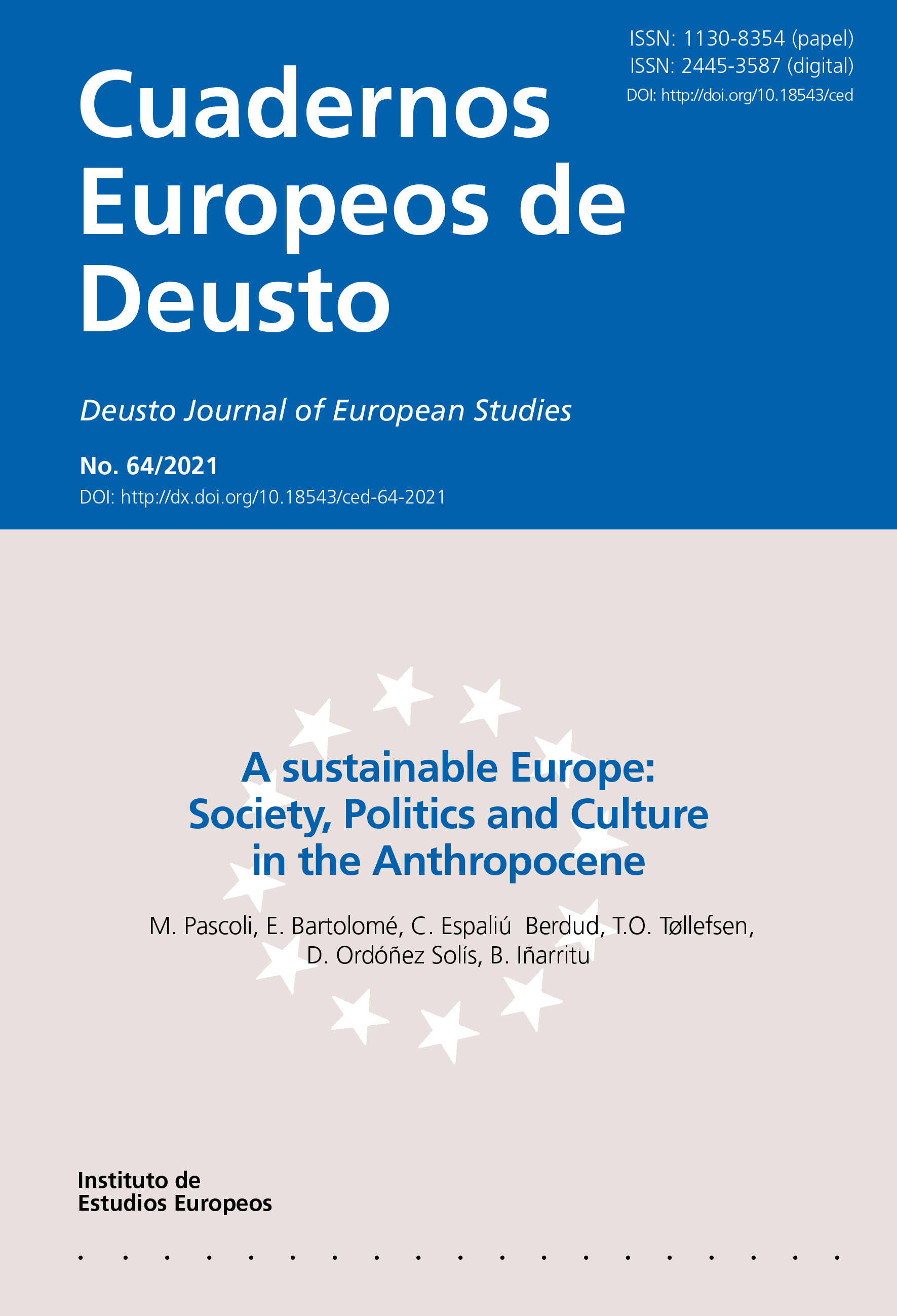Social sustainability and social (Dis)trust in outgroups: Evidence from Germany and Spain using the Factorial Survey
Abstract
In the short to medium term, ethnic diversity tends to reduce trust. This negative relationship can be explained by social identity theory and integrated threat theory. The latter theory distinguishes realistic (socio-economic) threat perceptions from symbolic (cultural) ones. Huntington believes that with the end of the Cold War, conflicts shifted from being primarily economic to cultural, mainly religious ones. The goal of this article is to disentangle for the first time the impact of different sources of perceived threat as well as of in-group/out-group–based differences on trust by using a factorial survey conducted in Bilbao (Spain) and Cologne (Germany). Our main findings are that although both towns differ in religious and socio-economic composition, their citizens possess a similar level of generalised trust and perceive socio-economic threat as being much stronger than cultural threat. Weak evidence is also found for in-group/out-group–based differences in particularised trust.
Recibido: 03 February 2021
Aceptado: 10 March 2021
Downloads
The author grants to the Publisher the distribution, public communication, and reproduction rights of her/his work subject of publication in Deusto Journal of European Studies (DJES), whichever the media may be, including the permission to include it in the databases where this Journal is indexed and in the institutional repository of the Universidad de Deusto.
Upon its publication, the content of any Issue of Deusto Journal of European Studies (DJES) can be accessed, read, downloaded, copies, and distributed freely for non-commercial purposes and in accordance with any applicable copyright legislation.
The content of Deusto Journal of European Studies (DJES) can be subsequently published in other media or journals, as long as the author clearly indicates in the first footnote that the work was published in Deusto Journal of European Studies (DJES) for the first time, indicating the Issue number, year, pages, and DOI (if applicable). Any other use of its content in any medium or format, now known or developed in the future, requires prior written permission of the copyright holder.
The content of the work published in Deusto Journal of European Studies (DJES) is each author's sole responsibility. The authors assume the responsibility of obtaining all the necessary licenses for the reproduction in their manuscripts of any text, material or illustration coming from another author, institution or publication. The liabilities that may arise from complaints for publishing plagiarised articles are the sole responsibility of the author.


3.jpg)
2.jpg)
2.jpg)
2.jpg)
2.jpg)
2.jpg)







